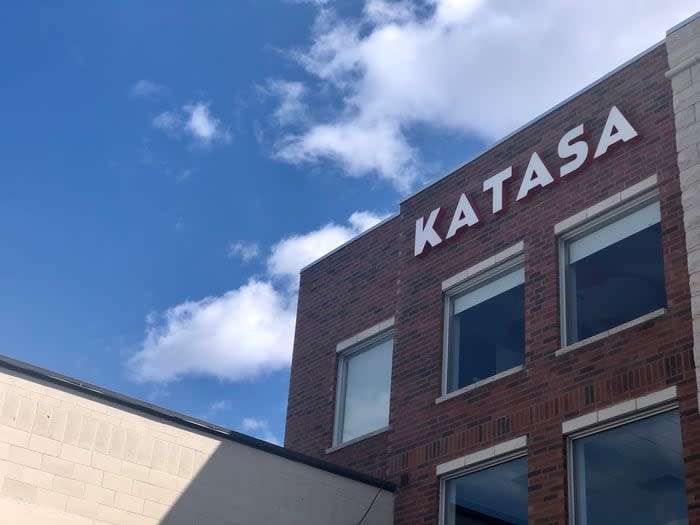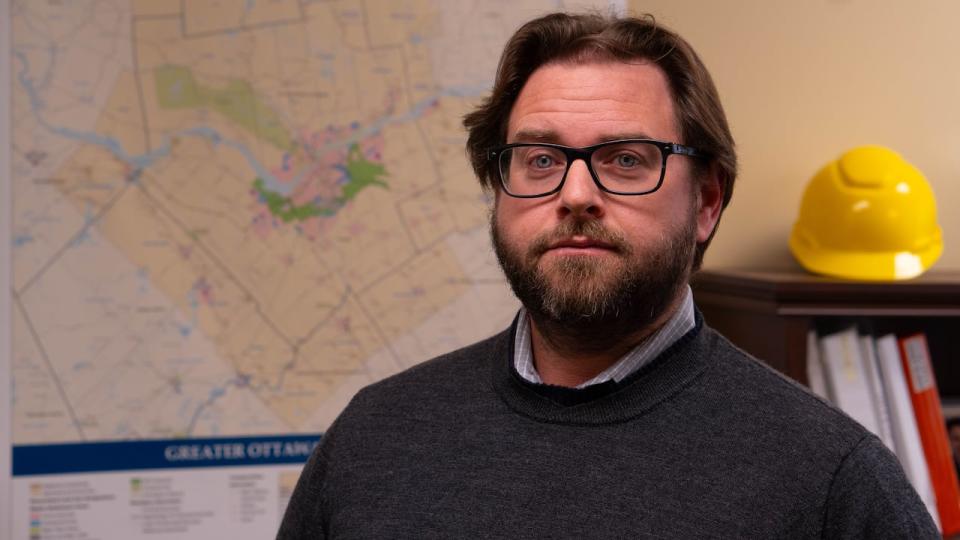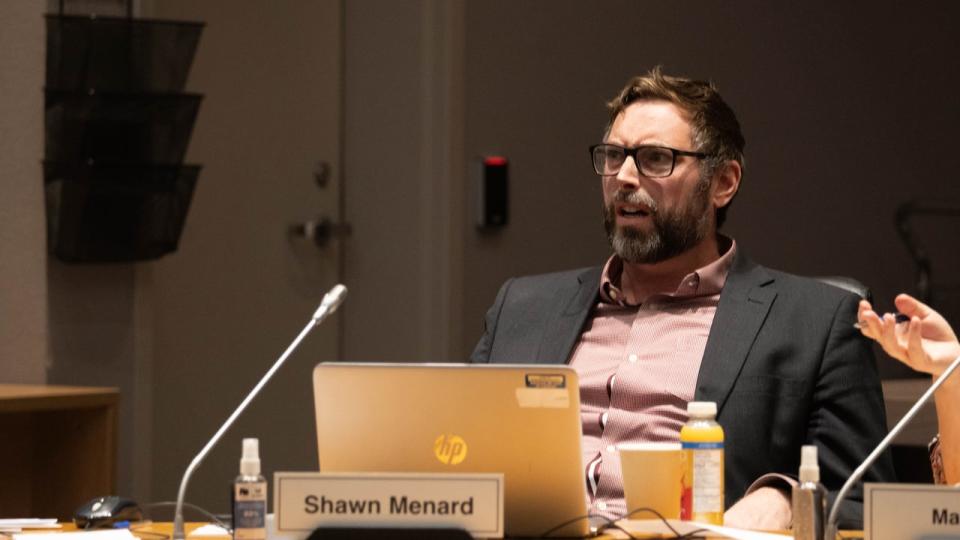Developer pulls $300K donation amid roiling political debate

Gatineau-based developer Groupe Katasa is pulling a $300,000 donation it promised to Ottawa's Capital ward, citing concerns over the process and a council motion that would have split the money throughout the city.
The company, which is planning a 22-storey tower at Bronson and Carling avenues, had pledged to provide $100,000 to improve traffic in the area and another $200,000 toward affordable housing in the ward.
Coun. Shawn Menard's negotiations with the company sparked confusion among some of his council colleagues, including a suggestion that Groupe Katasa had been pressured to provide the "voluntary contribution."
Menard refutes that.
A statement from the developer on Monday laid out two reasons for its reversal.
"We agreed to this donation as this was presented by a city official as a program that is typically asked of developers and that this donation was meant to help the community around the project," it reads.
"We believe this was part of the process, and now we know it's not."
Groupe Katasa said in its statement that it will look at other options to ensure the donation "directly" benefits the community, including the possibility of investing in a play area on Cambridge Street behind its planned property.
'Never was there any pressure,' Menard says
Menard said he finds it "disappointing" that Groupe Katasa is pulling its donation, but added he's not surprised given the political fallout and the move to spend the money elsewhere.
"I respect their decision," he said.
Menard also noted part of the donation was meant for affordable housing in Capital ward, and that investment will now be lost.
Never was there any pressure, never was there any discussion about quid pro quo or votes in any way. - Coun. Shawn Menard
Menard maintained all discussion with Groupe Katasa was based on the understanding that the contribution would be entirely voluntary.
"Never was there any pressure, never was there any discussion about quid pro quo or votes in any way. None of that came up because we conduct ourselves with integrity," he said.
Some of the comments made by council colleagues were "inappropriate," Menard added, insisting there was no "evidence of any wrongdoing."
Menard said he'd like to see more community benefit agreements signed across the city, and for developers to be more directly involved in conversations about community needs.
"This is helpful when community can come together and say, 'These are some of our priorities,' and work collaboratively. That's what was occurring here in good faith, and so I guess I'm just disappointed in some of my council colleagues."

Jason Burggraaf, executive director of the Greater Ottawa Homebuilders' Association, says this incident highlights the need for rules and regulations on voluntary contributions. (Jean Delisle/CBC)
Concerns over precedent, expectations
According to Jason Burggraaf of the Greater Ottawa Home Builders' Association, the controversy has revealed the need for set rules and regulations on voluntary contribution agreements.
Those rules should outline "what can be asked, or how it can be asked, or who puts forward that request and how it's negotiated," Burggraaf said.
This could help avoid any perception of impropriety or conflict of interest, he added.
Burggraaf said without clear rules, there's a risk that developers might see these contributions as an expectation of the development process rather than a voluntary donation.
"We're looking at other tens to hundreds of thousands of extra dollars in development costs that people haven't planned for that, all of a sudden, are going to be part of the expectation," he said.
During a time of high inflation and interest rates, Burggraaf said this could deter future projects in the city.

Capital ward Coun. Shawn Menard has bristled at suggestions that he pressured Groupe Katasa to provide the community donation. (Jean Delisle/CBC)
Councillors voted to spread money around
More than once during last week's council debate, city lawyer Tim Marc mentioned that the donation agreement had been drafted but not signed.
This made some councillors including Menard hesitant to rewrite the terms.
Others, concerned about a perceived conflict of interest, called for all wards to be eligible for a share of the money. A motion to that effect by Coun. Cathy Curry eventually passed by a vote of 14 to 11.
At the time, Menard expressed concern that Groupe Katasa would no longer be willing to provide the donation at all.
The debate also prompted city council to call on staff to develop guidelines for negotiating these sorts of agreements in the future.


